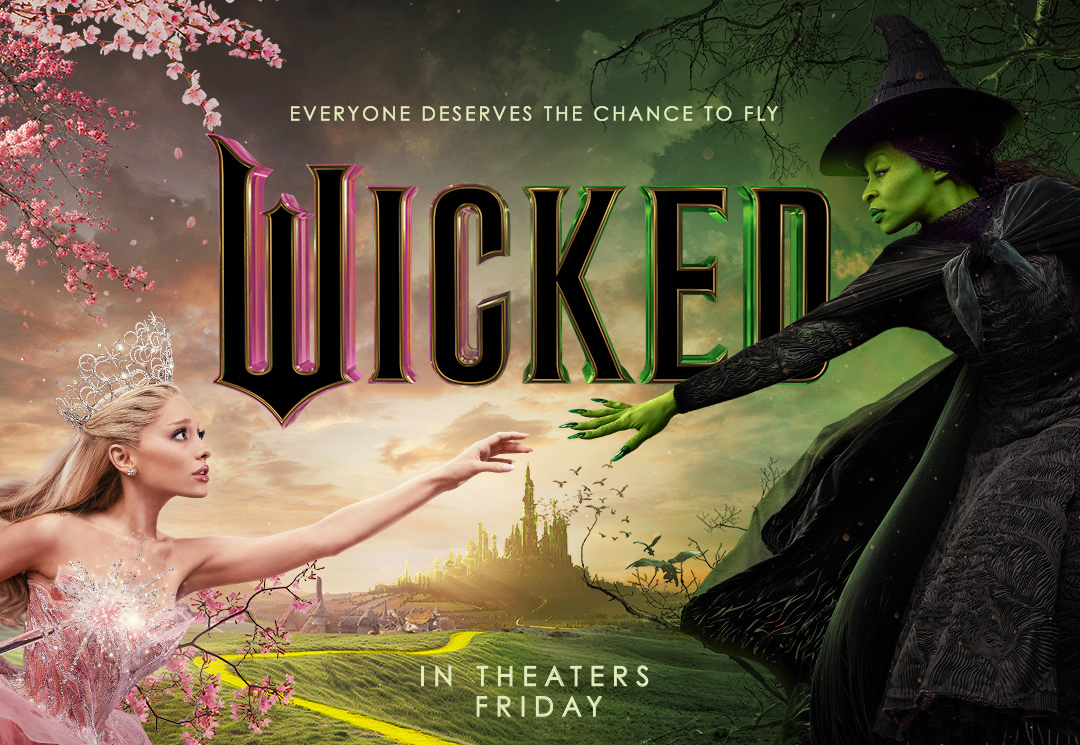On Sunday, Jan. 7, the 75th annual Golden Globe Awards ceremony ended by awarding “Three Billboards Outside Ebbing, Missouri” the honor of Best Motion Picture – Drama.
It was a night in which activism was front and center — attendees dressed in all black to show solidarity with the #MeToo movement and the newly organized Time’s Up Legal Defense Fund seeking to end sexual harassment in the workplace.
The ceremony certainly had its fumbles, but not without some genuinely moving and effective moments, like Oprah’s Cecil B. DeMille Award acceptance speech and Natalie Portman’s off-script jab at the all-male line-up of Best Director nominees.
Giving the final award of the night to “Three Billboards Outside Ebbing, Missouri,” which had already collected three other awards, seemed to fit the ceremony’s tone in that it’s a film led by a woman which addresses racism and sexual assault.
Here’s the problem: “Three Billboards” is bad.
The Martin McDonagh written and directed film follows Mildred Hayes (Frances McDormand) in her decision to rent three billboards off an otherwise abandoned highway in order to force the local police chief (Woody Harrelson) to address the rape and murder of her teenage daughter, Angela, that occurred seven months prior.
“RAPED WHILE DYING / AND STILL NO ARRESTS? / HOW COME, CHIEF WILLOUGHBY?” the signs read.
“It seems to me the police department is too busy torturing black folks to solve actual crime,” Mildred tells the local news when her provocative billboards predictably garner attention.
For a film concerned with racially-charged police brutality enough to even include that quote in the trailer, it’s not interested in actually telling the stories of those affected by it, instead using people of color as props to prove Mildred’s wokeness and addressing race relations on vague, one-sided terms that reek of performative allyship.
Meanwhile, “Three Billboards” spends an alarming amount of its runtime humanizing local racist officer Jason Dixon (Sam Rockwell) with “Blue Lives Matter”-driven mental gymnastics that lead the character embodying everything the film’s heroine is against to becoming her closest ally without ever distancing himself from his history of racism or receiving his well-deserved comeuppance.
Not only is this character problematic, he’s excruciatingly poorly written. His motivations are unclear and confusing, and the redemption narrative the film establishes for him plays out without the character showing any sign of tangible evolution. Did I mention Rockwell was also honored at the Golden Globes?
Similar could be said for the rest of “Three Billboards” as a whole — retroactive justification for the film’s accolades has occurred in the wake of its backlash, grasping for other aspects of the film to praise, but the execution all-around is messy and off-putting, including the forgettable performances from the otherwise talented cast.
It also practically won bingo for using every tired, cliché trope that films baiting for awards exploit: the “dead girl,” abuse as a plot device and forced ambiguity that begs viewers to theorize what happens after the credits roll, if only the film was compelling enough for us to do so.
The most unforgivable scene in the film also exemplifies all “Three Billboards’” flaws the most clearly and uncomfortably. It’s when Mildred flashes back to the last conversation she had with Angela before she was raped and murdered — they were fighting, and as Angela storms out of the house Mildred yells after her, “I hope you get raped!”
Yikes.
Tackiness, tastlessness and the ability to perversely put blame for Angela’s rape on her mother somehow aside, the scene is so brazenly on the nose that how a script with that dialogue in it was awarded Best Screenplay is beyond me.
But look, awards don’t matter. The trophies handed to actors and filmmakers are hardly indicative of the respective films’ cultural impact and how they will be looked back on in the future.
Yet in a time when Hollywood is being forced to address its racism and misogyny, it’s telling that it’s doing so by awarding the film that addresses those issues in a way that absolves the perpetuators of them the most.
Awards season is just getting started, and the heartbreaking stories of assault and abuse we’ve been following in the news the past few months are now being addressed directly, unavoidably broadcasted to our homes. The awkward humor, tearful speeches and accusations of complicity against those who wear Time’s Up pins and still work with Woody Allen are just getting started.
But at the end of the day, Hollywood can’t pat itself on the back for providing these platforms only to award the films that condone the very problems the industry is facing — not just with “Three Billboards,” but also in celebrating alleged sexual predators like James Franco, Gary Oldman and Kirk Douglas.
Let those who have been long ignored and oppressed by Hollywood tell their own stories, instead of having white men do it for them under a thin veil of calculated progressivism.











